What a Trump victory would really mean for Europe
A win for the former president would surely further galvanize the bloc's populist parties and encourage their normalization — much as it did in the US.

Ivo Daalder, former U.S. ambassador to NATO, is CEO of the Chicago Council on Global Affairs and host of the weekly podcast “World Review with Ivo Daalder.” He writes POLITICO’s Across the Pond column.
Europe is being haunted — it’s being haunted by the specter of former U.S. President Donald Trump. This we know.
But what struck me most in the past three weeks traveling around the Continent was less the worry expressed about the economic and security implications of a possible Trump win, and more what his return would mean for European politics.
Compared to earlier in the year, most European officials appear to have finally come to grips with what a Trump presidency would mean for the Continent’s well-being. Most believe U.S. support for Ukraine would be weakened and that continued U.S. support for NATO would be questionable. There’s also widespread understanding that Trump would embark on a campaign of economic nationalism based on tariffs, protectionism and market exclusion, which would no doubt hurt their economies.
Thus, for the past few months, they’ve been making plans designed to “Trump-proof” European institutions and policies, emphasizing the need for Europe to spend more on defense, weapons production and military capabilities. There’s also plenty of talk about a more geostrategic approach to economic policy — not only vis-à-vis China but in case of an increasingly unilateralist and protectionist U.S.
All here realize the impact of a Trump presidency will be great, but there’s a growing sense that a Europe of 450 million people can handle these consequences. Except, perhaps, when it comes to domestic politics.
Truth is, a second Trump victory would have a profound impact on national politics in Europe, possibly supercharging the far-right populist parties and movements that embrace the same illiberal policies Trump and his “Make America Great Again” movement have been championing for years.

It wasn’t lost on Europe that when U.S. Vice President Kamala Harris said “world leaders are laughing at Donald Trump” during the televised presidential debate this month, Trump pointed out the strong endorsement he’s received from Hungarian Prime Minister Viktor Orbán: “One of the most respected men, they call him a strong man,” he said. Orbán, the former president contended, reciprocally claims that “the most respected, most feared person is Donald Trump.”
The Hungarian leader is hardly alone in this either. Illiberal leaders and parties across Europe see Trump and his movement as examples to follow, not fear. From Germany’s Björn Höcke and the Alternative for Germany party to the Netherlands’ Geert Wilders and his Freedom Party, French opposition leader Marine Le Pen and her National Rally (RN) party and Italian Prime Minister Giorgia Meloni and her Brothers of Italy party — for them, Trump personifies what a successful leader in modern society looks like.
Centrist European forces have already come to rely on the far right’s support to gain or retain power in far too many countries: Hard-right parties have entered coalition governments in seven EU nations — Croatia, Czechia, Finland, Hungary, Italy, the Netherlands and Slovakia. Moreover, the current Swedish government depends on the far right’s help; and France’s new center-right government will only be able to govern with the RN’s tacit support.
These far-right parties all share key perspectives with Trump and the MAGA movement: They’re nationalist and anti-immigrant; pro-Russian to one degree or another and — with the exception of Meloni — oppose supporting Ukraine; they blame economic and societal ills on others, like foreigners, people of color, non-Christians or other scapegoats; they’re EU skeptics and, in some cases, anti-NATO. Moreover, their politics are distinctly illiberal, focused on suppressing independent media, dominating the judiciary and controlling the central bank.
And that’s the case now, even before a possible Trump victory. A win for him would surely further galvanize these parties and encourage their normalization — much as it did in the U.S.
Is it really far-fetched that we might see the new French government making deals with RN to stay in power, even if that means taking on more illiberal policies? Is it so inconceivable that a victorious Christian Democratic Union in Germany wouldn’t refuse support from the AfD if it meant excluding current governing parties from power? Or that Meloni would be sorely tempted to ingratiate herself with the U.S. president, even if that meant adopting a more skeptical stance toward Ukraine and the EU?
Many of us would bemoan the end of America’s global leadership a Trump victory would undoubtedly mean. But there are many others who would see a renewal of American leadership in that victory —albeit a profoundly different one than the world has seen since 1945.
U.S. presidential elections may be decided by American voters, but they have global consequences. And that’s certainly true of this coming November, which will perhaps be the most important race since 1860, with far-reaching implications for democracy at large.
What's Your Reaction?











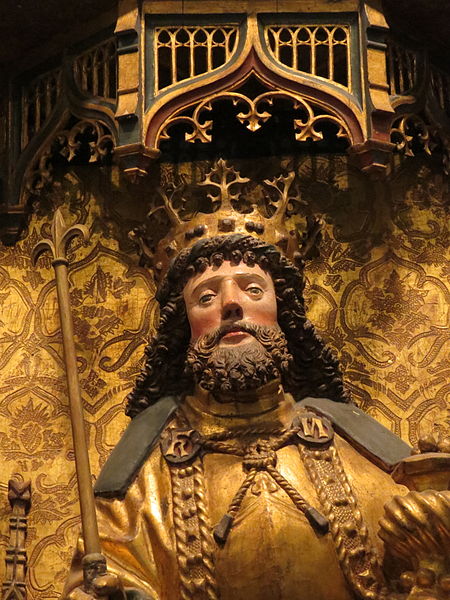





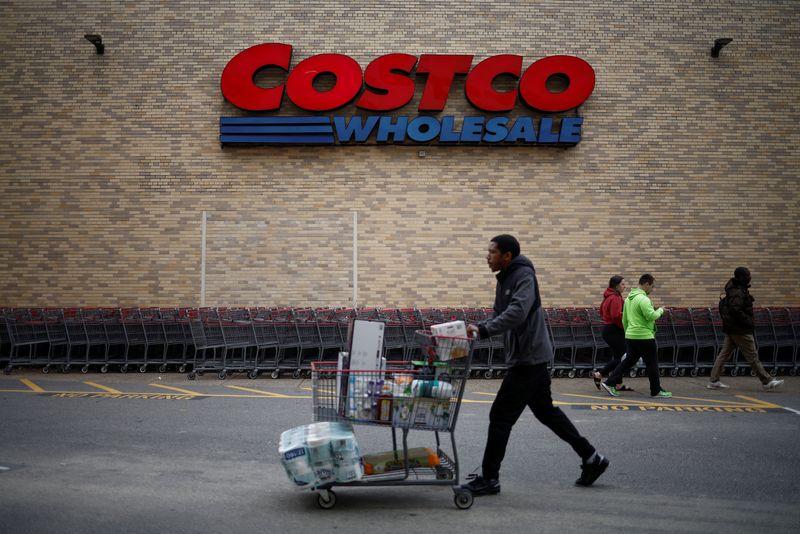
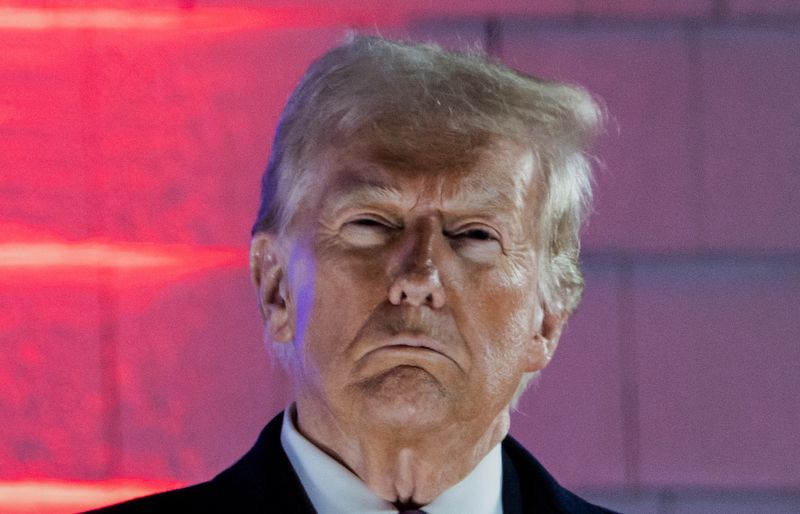
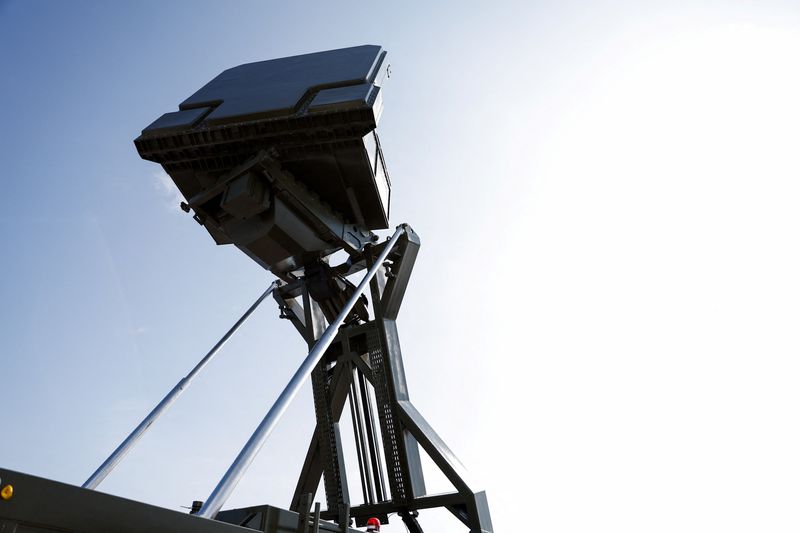
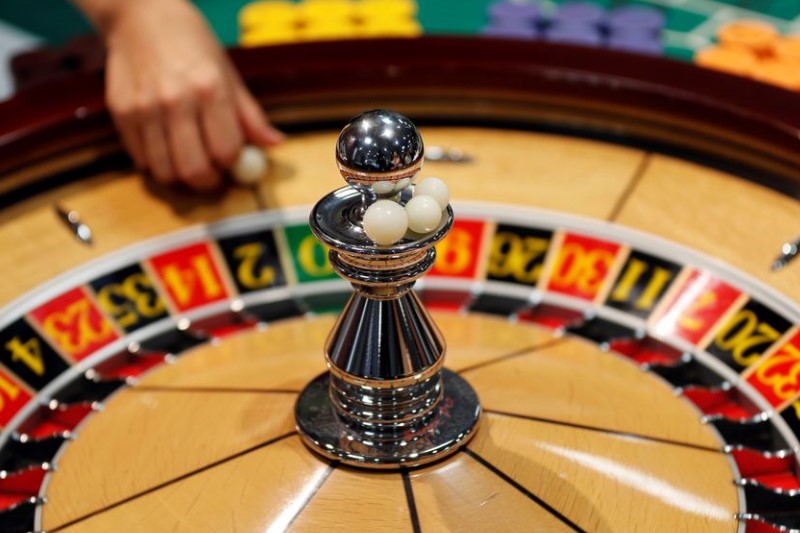
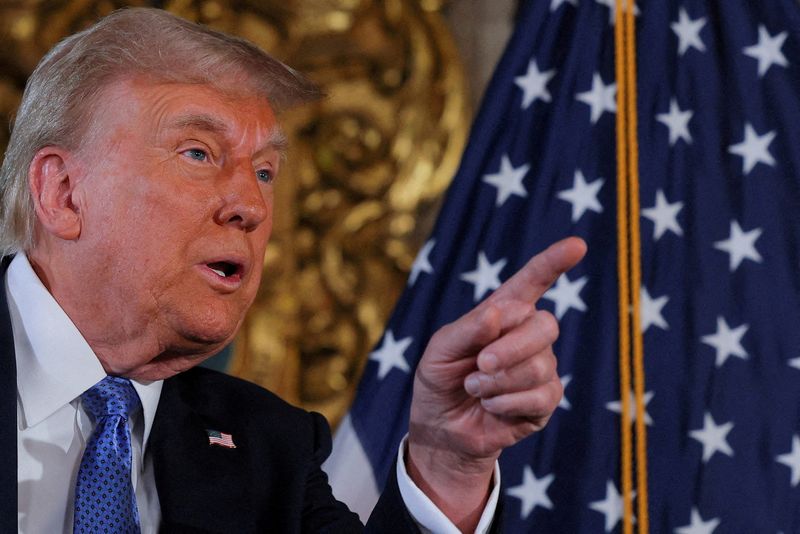

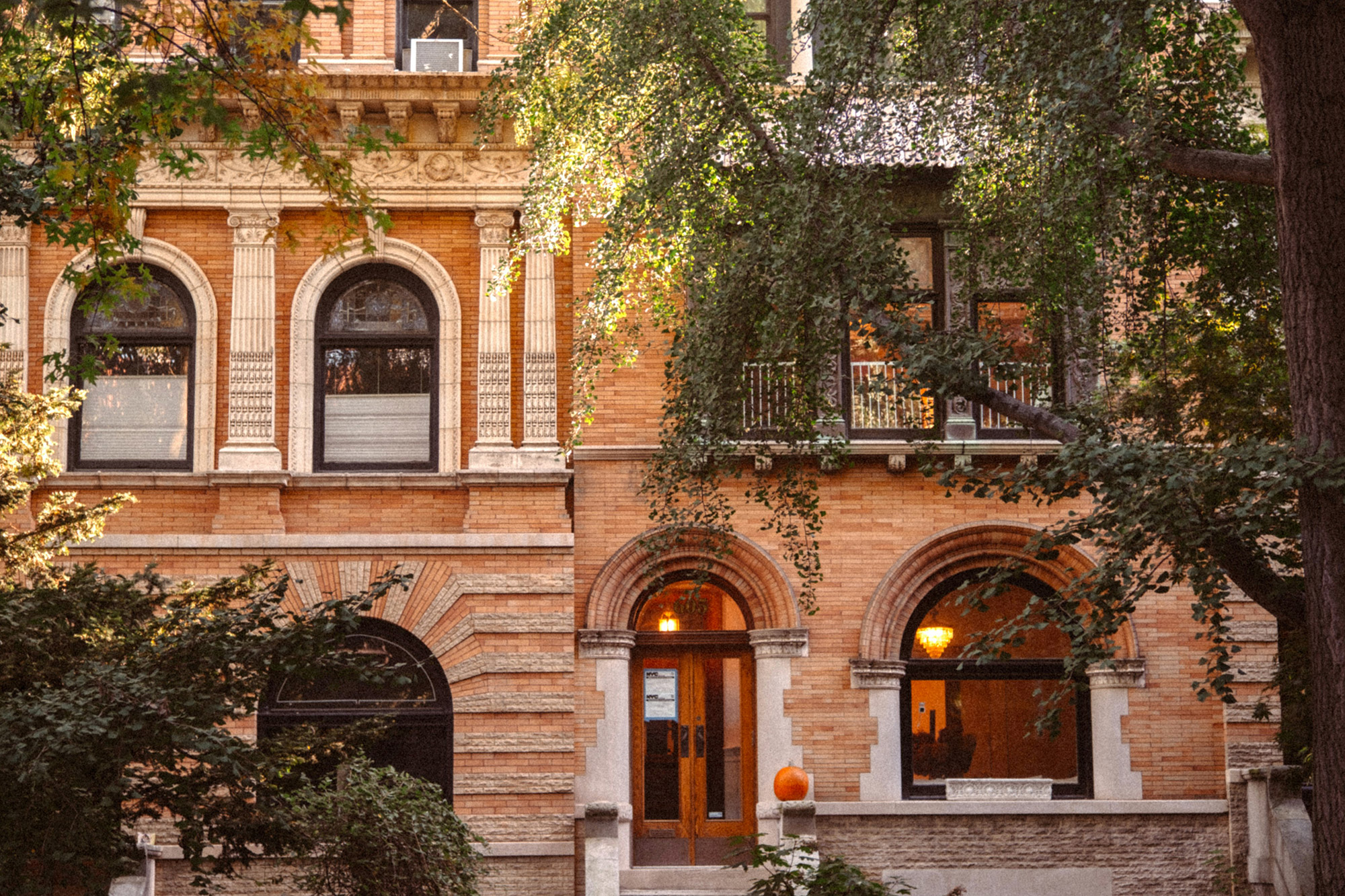



:quality(85):upscale()/2024/09/09/785/n/1922283/901e710666df358b373de2.40207443_.jpg?#)
:quality(85):upscale()/2024/07/23/904/n/1922283/dc92642c66a0159ee98db4.72095370_.jpg?#)
:quality(85):upscale()/2024/07/10/842/n/1922283/8fb902af668edd399936b2.17277875_.jpg?#)
:quality(85):upscale()/2024/06/07/909/n/1922283/82a389f8666372643f2065.06111128_.jpg?#)
:quality(85):upscale()/2024/06/07/726/n/1922283/10bee64e666334778cf548.63095318_.jpg?#)
:quality(85):upscale()/2025/01/08/844/n/1922398/cde2aeac677eceef03f2d1.00424146_.jpg)
:quality(85):upscale()/2024/11/27/891/n/1922398/123acea767477facdac4d4.08554212_.jpg)
:quality(85):upscale()/2024/12/02/919/n/1922398/2b4b75f6674e20edcc99c3.42112799_.jpg)
:quality(85):upscale()/2024/10/29/690/n/1922398/e9bec6b46721006258d949.01358236_.jpg)
:quality(85):upscale()/2024/10/09/794/n/1922283/3f35cdf56706c5a92ddff9.14514426_.jpg)







:quality(85):upscale()/2024/02/21/214/n/1922283/8118faa965d6c8fb81c667.06493919_.jpg?#)


